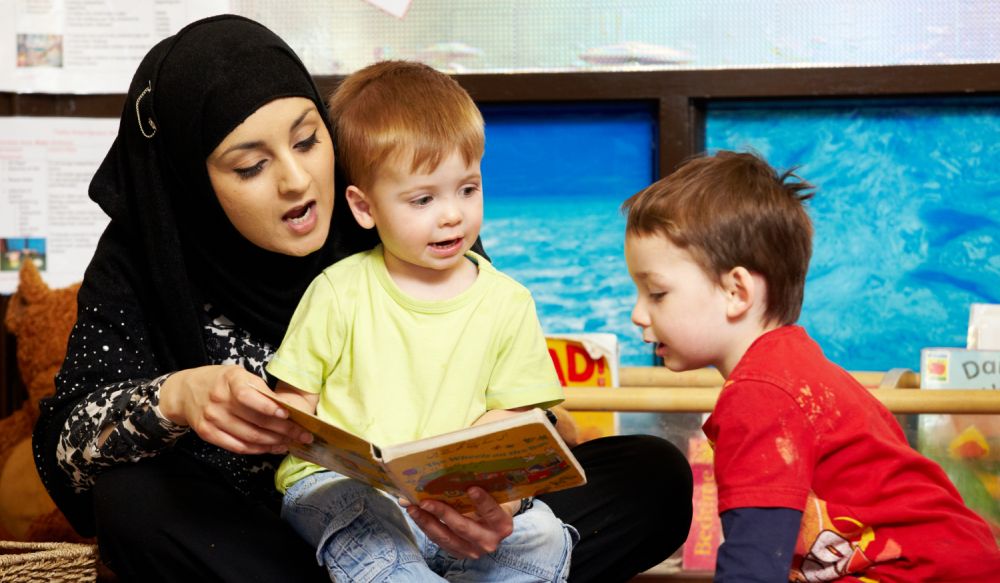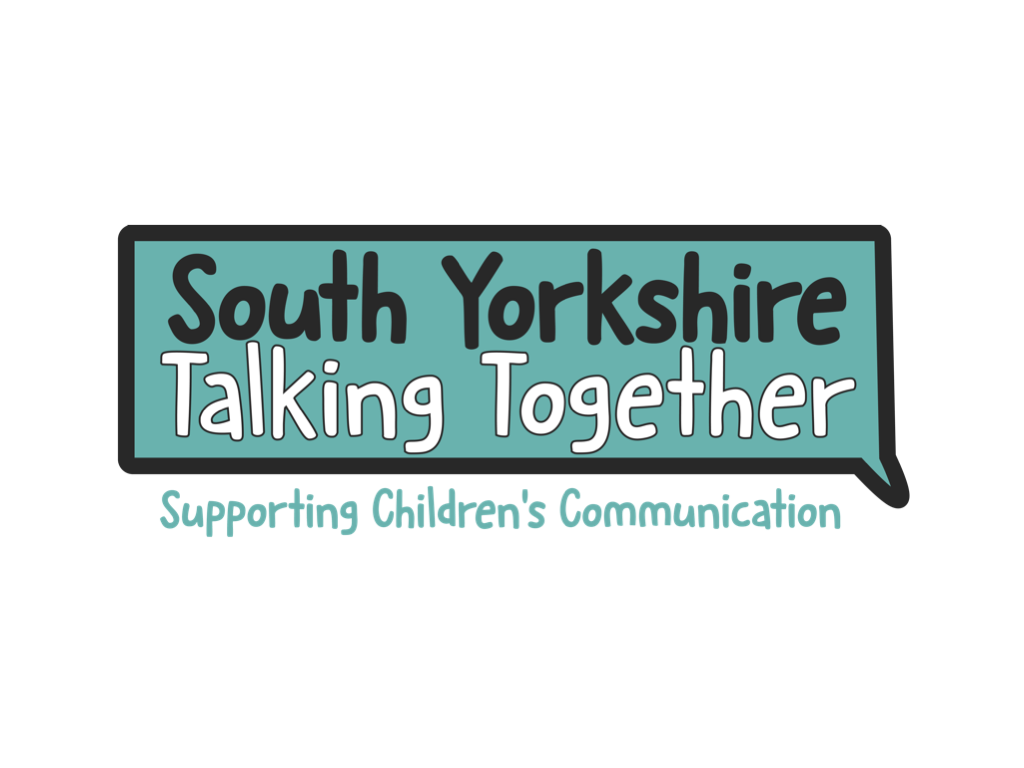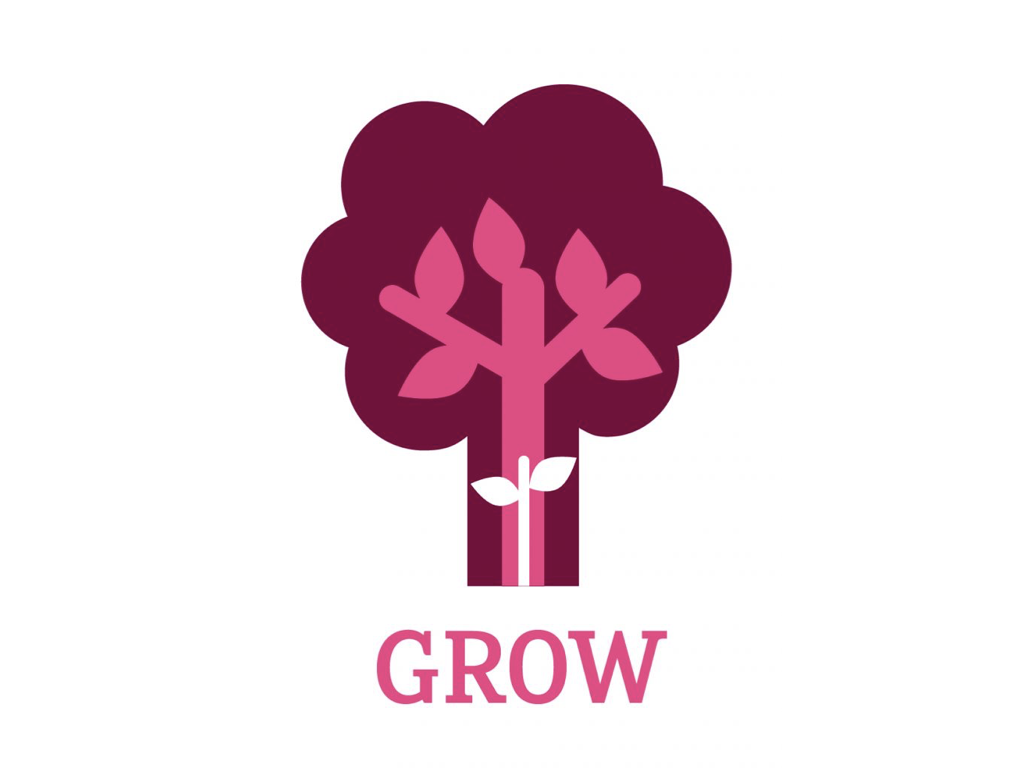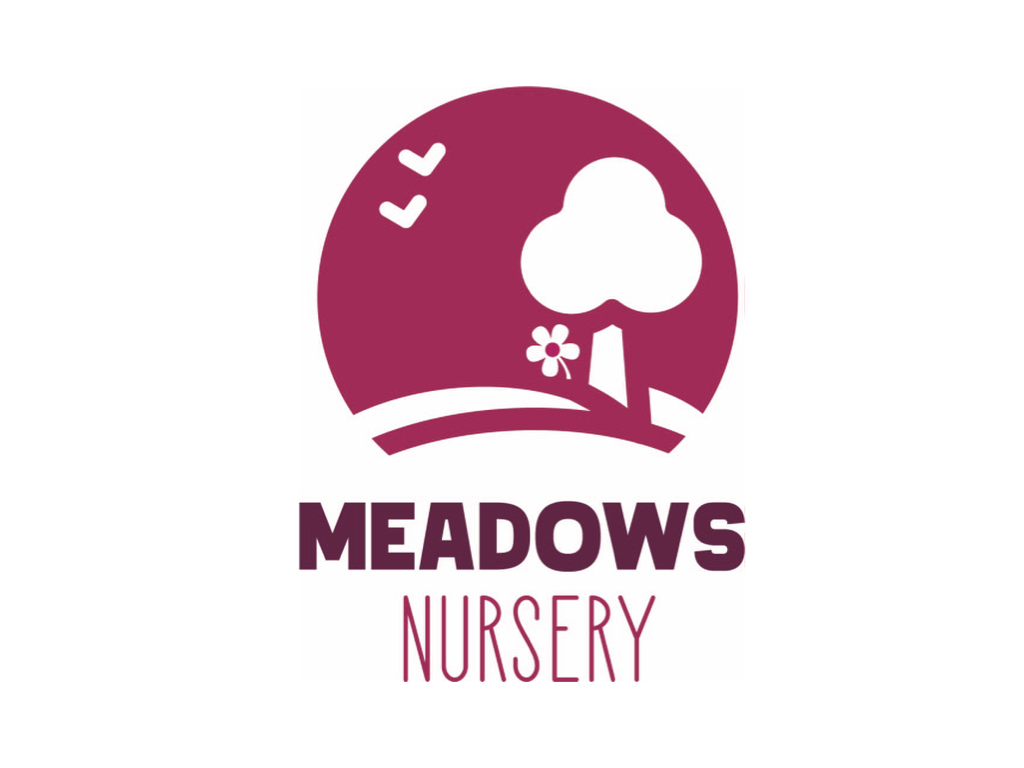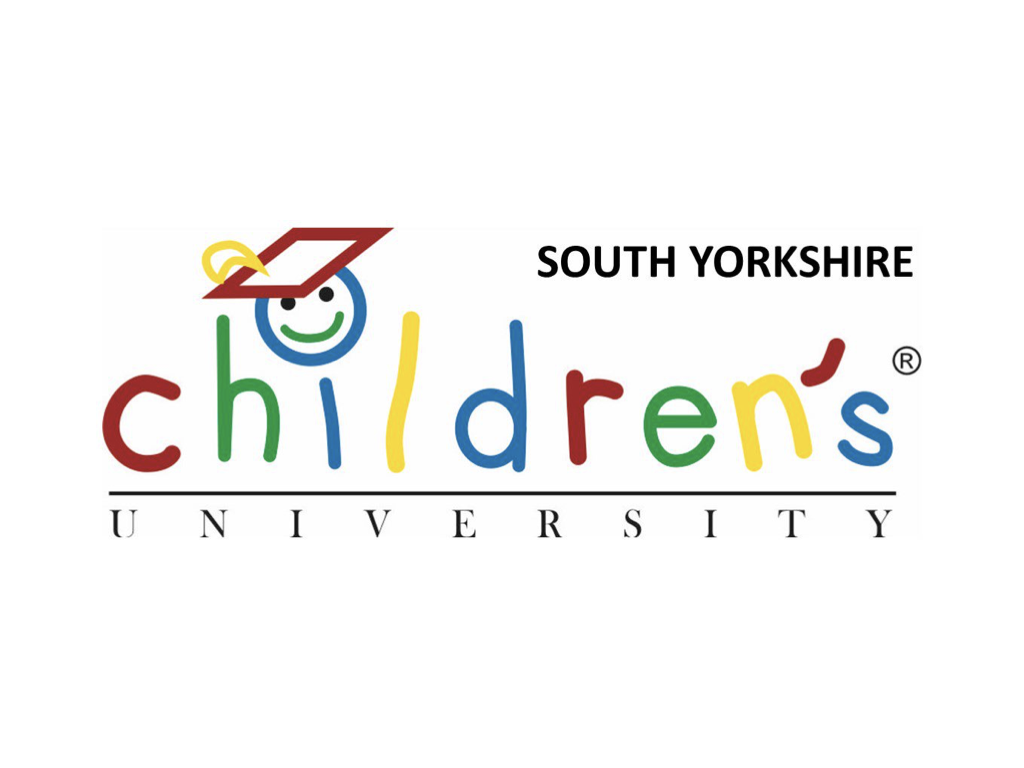By Sally Pearse, South Yorkshire Futures Preparation Strand Lead
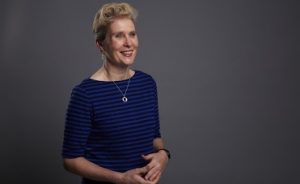
On reading the concerns raised by Damian Hinds this week in his speech on social mobility I firstly wanted to sound a note of caution and highlight the need for a careful consideration of what is meant by school readiness and what is developmentally appropriate for young children. I then reflected on the work we have been doing at a regional level through South Yorkshire Futures to support young children and their families and felt heartened about what could be achieved by bringing those committed to early years education and care together.
Supporting children and families in the early years by providing quality, responsive services has a lasting impact (EPPSE Study, Sammons et al 2014) on children’s outcomes. However, there is no doubt that the loss of many of the supportive services for young families in recent years has hit communities hard and Local Authorities, settings and schools have been wrestling with how to best use their reduced resources to support children in the early years.
In South Yorkshire the four local authorities of Barnsley, Doncaster, Rotherham and Sheffield have come together with Sheffield Hallam University and representatives from across the sector to find out what we could achieve through joint working and collective action. These meetings have highlighted to me the passion and commitment of those working in early years and their willingness to work creatively together to develop services that can change outcomes for children.
In the last year we have drawn up a vision for early years services in the region that covers children’s rights, effective parent partnership and the role of the early years workforce. This vision has then been used to address the most pressing areas of concern raised by the sector and has led to:
• A regional school-readiness document that looks at the lifelong skills and attitudes children need to be successful and how parents, schools and early years settings can support these.
• A course for head teachers and leaders in the Foundation Stage so that they can use the research evidence available to make sustainable improvements to early years practice.
• A bid for an intensive home visiting service for vulnerable children that can be piloted across the region.
• The development of a language rich programme for the early years that supports children to think critically and voice their views.
This is just the start and there is still much work to be done, including continuing to lobby and campaign for the government to adequately fund early years provision and renew the commitment to developing a graduate led workforce. However, what the last year has shown is that our collective voice and will is powerful and we can generate momentum when we harness the resources of those who work in the many and varied roles in early years.
Sammons, P., Sylva, K., Melhuish, E., Siraj, I., Taggart, B., Toth, K., & Smees, R. (2014). The Effective Pre-school, Primary and Secondary Education Project (EPPSE 3-16+) Influences on students’ GCSE attainment and progress at age 16. Department for Education RR, 352.

